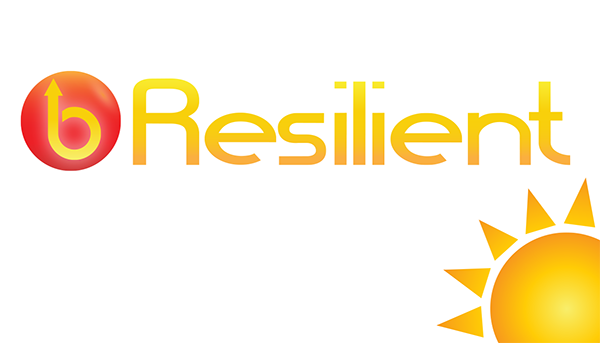
Kristin Ackerman
Once children learn how to read, we are faced with the task of teaching them how to think critically about the information they take in.
Several years ago I had a third grader walk into class really upset. When I asked Scott what was wrong, he responded, “The Axe commercials are not true!” As the conversation continued, it was evident that my student had persuaded his mom to buy him Axe body wash after viewing a commercial. The commercial promised that boys who used Axe would get a lot of attention from girls.
Scott was really upset because he believed what the ad promised but did not get the results he was expecting. The timing happened to be perfect because we were starting a nonfiction unit with the goal of reading to learn and writing to teach. This conversation led to several really powerful reading lessons about critical thinking.
We take in information by reading, listening, and watching on a wide variety of platforms. Students need opportunities to practice identifying credible sources. They need opportunities to question a writer’s purpose and audience. The writers of the Axe commercial knew they were targeting young men and the purpose was to sell a product. When Scott was able to identify that the writer of the commercial was looking to sell a product, he viewed the ad differently.
Not everything we read, watch, or listen to is accurate, but we can teach children how to take in information and think critically. Below are a few options to scaffold this work:
- Show students commercials that make promises, and have them practice identifying the audience and purpose.
- Type a question into a search engine and scroll through several different search results. Model how to choose multiple reliable sources and use them to fact-check.
- When students are working independently, provide vetted articles, trusted websites, or student-friendly search engines.
Be sure to let students know you are providing resources they can trust. How do you teach your readers to think critically?
News From The Daily CAFE
Celebrating January Authors
Control the Controllables








